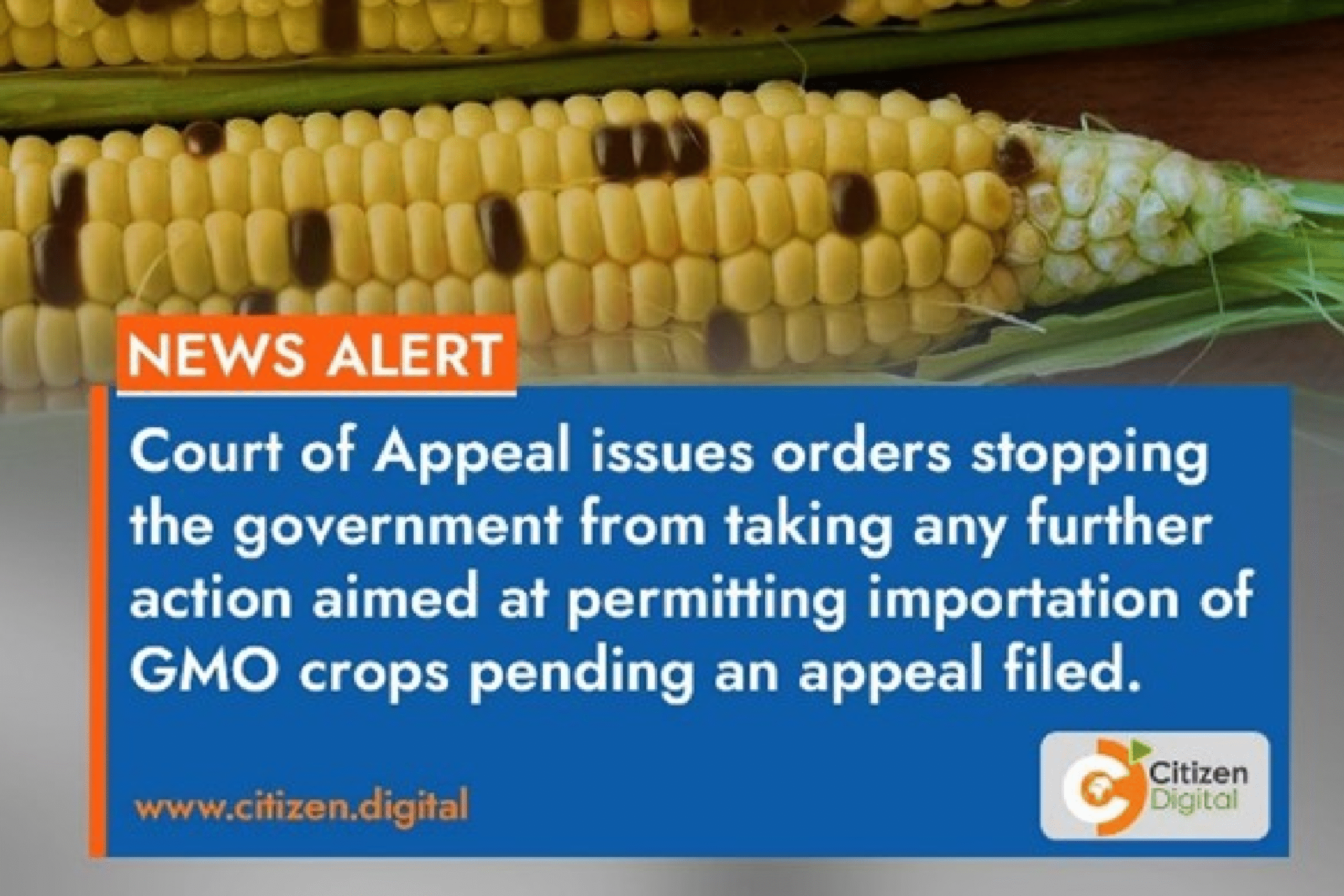They don’t want you sharing indigenous seeds so foreign companies can take control and spread GMO’s

Lynn Ngugi steers the conversation as the host, posing questions to deepen the discussion. For instance, she asks Mary Kongo about the Ndengu bill, prompting a detailed explanation of its impact on farmers. Ngugi also draws out Kongo’s personal insights, such as her appreciation for traditional foods, enriching the dialogue with cultural and nutritional perspectives.
Mary Kongo (Guest Speaker)
Mary Kongo drives the discussion with her critiques of agricultural policy. Her main points include:
- The Horticulture Crop Bill 2024 burdens farmers with costs like NEMA certificates and soil analyses.
- GMO promotion risks health, sovereignty, and sustainability, with Zambia as a warning example.
- Traditional foods are undervalued, while modern processing diminishes nutritional quality.
- Small-scale farmers, despite their critical role, are marginalized by harsh regulations.
- Resistance through cooperatives, seed banks, and legal challenges is vital to protect Kenya’s future.
Kongo’s arguments reflect a passionate defense of food sovereignty and a rallying cry for collective action.
Conclusion
Mary Kongo, in conversation with Lynn Ngugi, exposes a troubling trend in Kenya’s agricultural policies, alleging that the government prioritizes multinational interests over local farmers. With examples like costly certified seeds and shifting land tenure, she underscores the stakes for food sovereignty. Kongo warns of GMO risks, the sidelining of nutritious traditional foods, and the plight of small-scale farmers who feed the nation. Her call to action—rooted in community resilience and resistance—echoes her belief that “We the people have the power” to reclaim Kenya’s agricultural destiny through united efforts.

